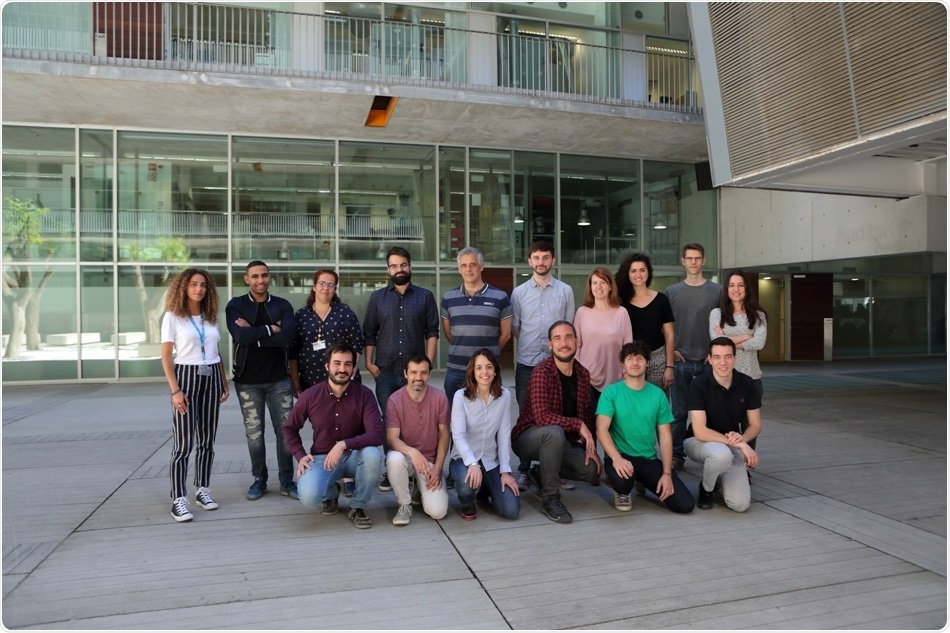Bacteria are known to be versatile living organisms capable of colonizing a wide variety of tissues, hosts, or environments inside a host. Most of this success can be attributed to their metabolic plasticity that has been molded by evolution across millions of years.

Image Credit: Center for Genomic Regulation.
It is possible to exploit microbial metabolic pathways for industrial applications, like employing bacteria to dye jeans with their characteristic indigo color.
Such pathways are also increasingly significant in the healthcare field, with earlier studies connecting the metabolism of the microbiome with the ability of the human body to absorb therapeutic drugs.
Recent approaches to map microbial metabolic pathways are tedious, costly, and time-intensive, inhibiting the development of novel applications, like antimicrobial substances or vaccines.
Innovative tools are required to construct an accurate map of all the chemical reactions that occur in a specific bacterial strain with no futile loops or dead ends.
In a study published recently in the Cell Reports journal, scientists at the Centre for Genomic Regulation (CRG) based in Barcelona explained a novel approach for establishing active metabolic pathways in microorganisms using pioneering techniques from proteomics and genomics.
Initially, the scientists verified their techniques by mapping the metabolic pathways of a bacterium called Mycoplasma pneumonia. Featuring a small genome, this bacterium often leads to mild infections of the respiratory system and the metabolism of which has been thoroughly documented before. The active metabolic pathways of this bacterium were consistent with the experimental data.
The scientists then employed the same approaches to document the comparatively unknown pathways of Mycoplasma agalactiae, which is a common source of infections that occur in sheep and goats with considerable health and economic consequences for livestock.
Although M. pneumoniae and M. agalactiae share much of each other’s genome, their metabolisms take significantly different pathways, emphasizing the complexity of anticipating metabolic networks depending only on genomic data.
Microorganisms are a treasure trove for finding new applications for healthcare and industry. Having new tools to capture a global picture of the activity and directionality of microbial metabolic networks is key to making the most of these natural resources.”
Ariadna Montero Blay, Study First Author and PhD Student, Centre for Genomic Regulation
Blay added, “Our findings for Mycoplasma agalactiae could have a great impact in the veterinary field in the generation of novel antimicrobials based on toxic metabolites or attenuated vaccination strains with knock-down of essential metabolic genes or re-engineered metabolic fluxes.”
The study results may be used to further refine a re-structured model of M. pneumoniae so that it might be used in the future to treat human lung diseases—the long-term aim of the scientists.
While this is still years away, we can use these methods to identify important metabolic routes and block them, which could increase the specificity and effectiveness of using Mycoplasma as a live pill.”
Luis Serrano, Study Last Author, ICREA Research Professor, and Director, Centre for Genomic Regulation
“Our study highlights the ingenious new methods in science that are reducing time and costs and accelerating new discoveries,” Serrano concluded.
Source:
Journal reference:
Montero-Blay, A., et al. (2020) Inferring Active Metabolic Pathways from Proteomics and Essentiality Data. Cell Reports. doi.org/10.1016/j.celrep.2020.107722.